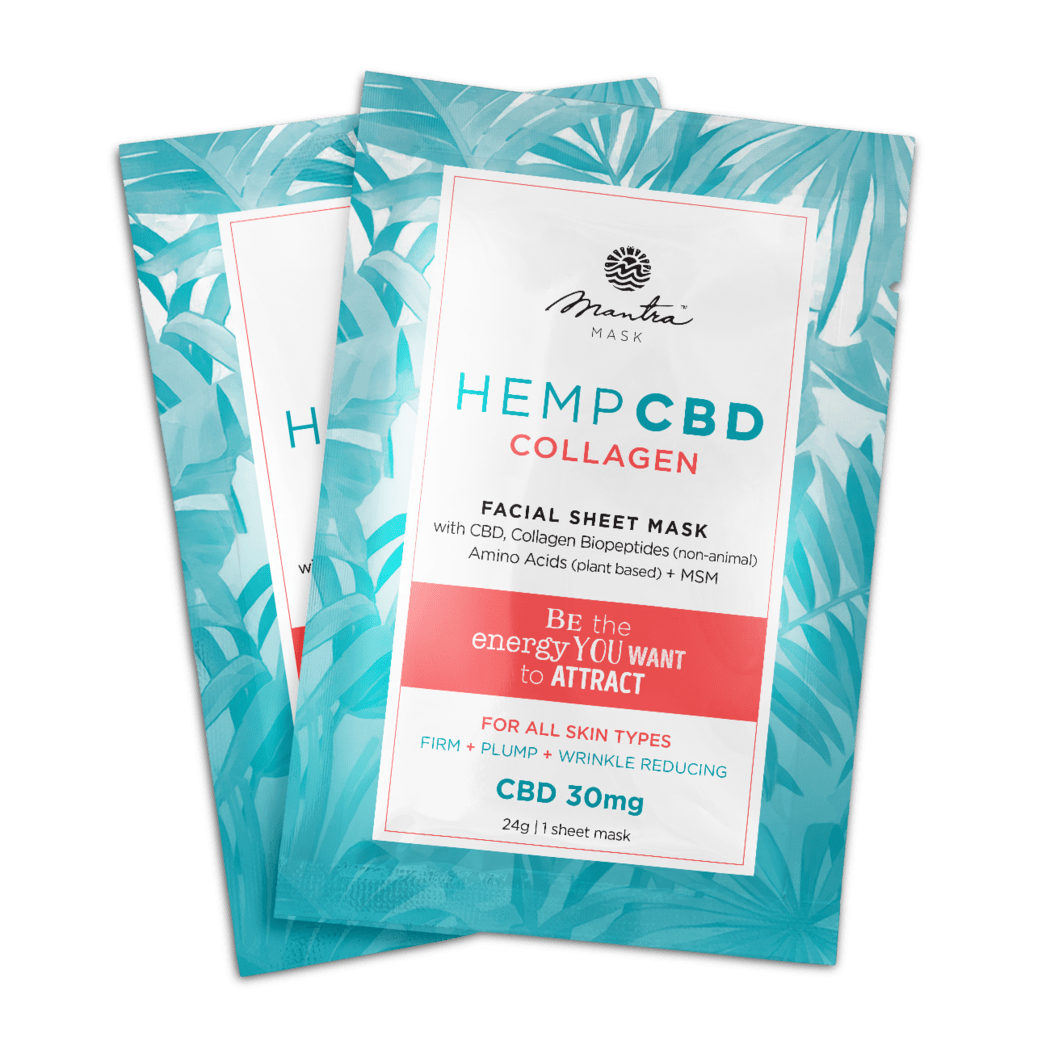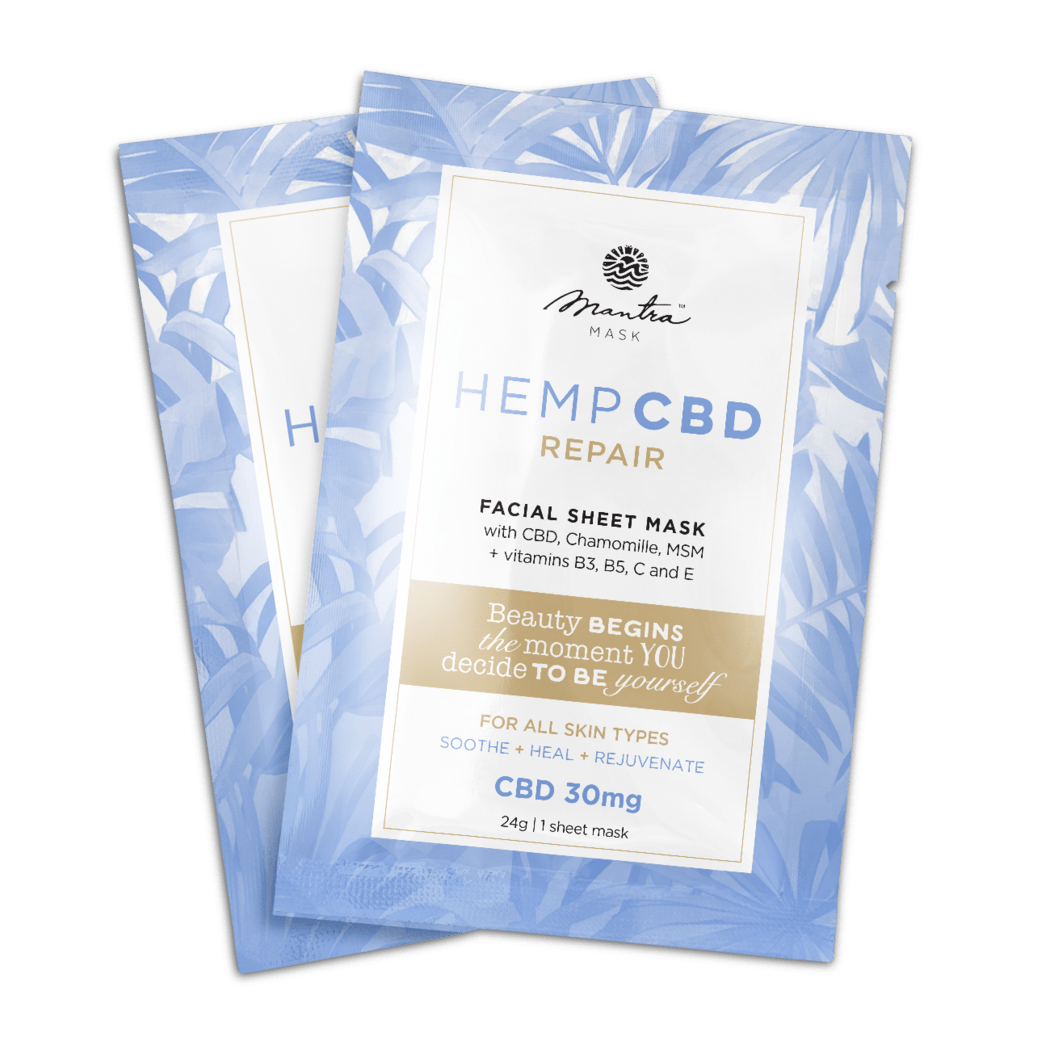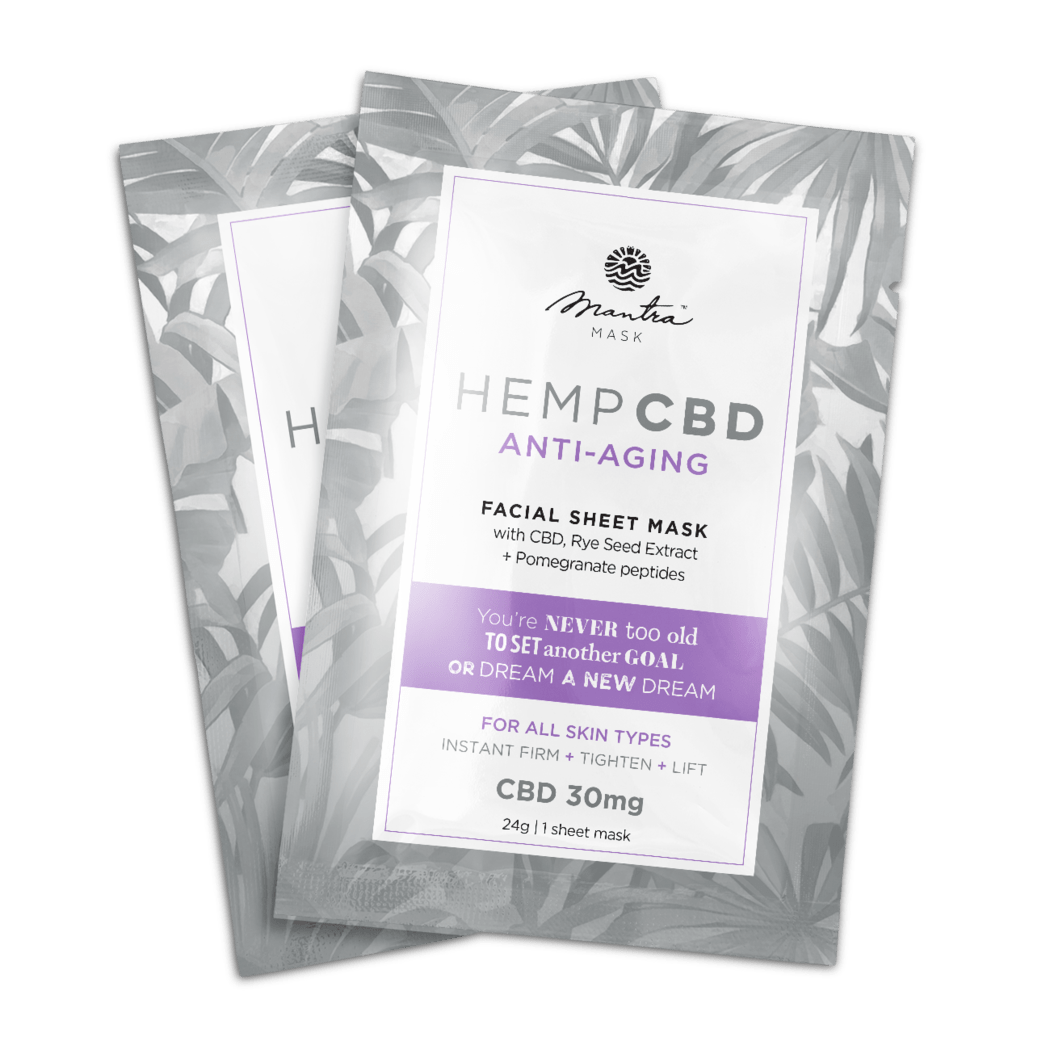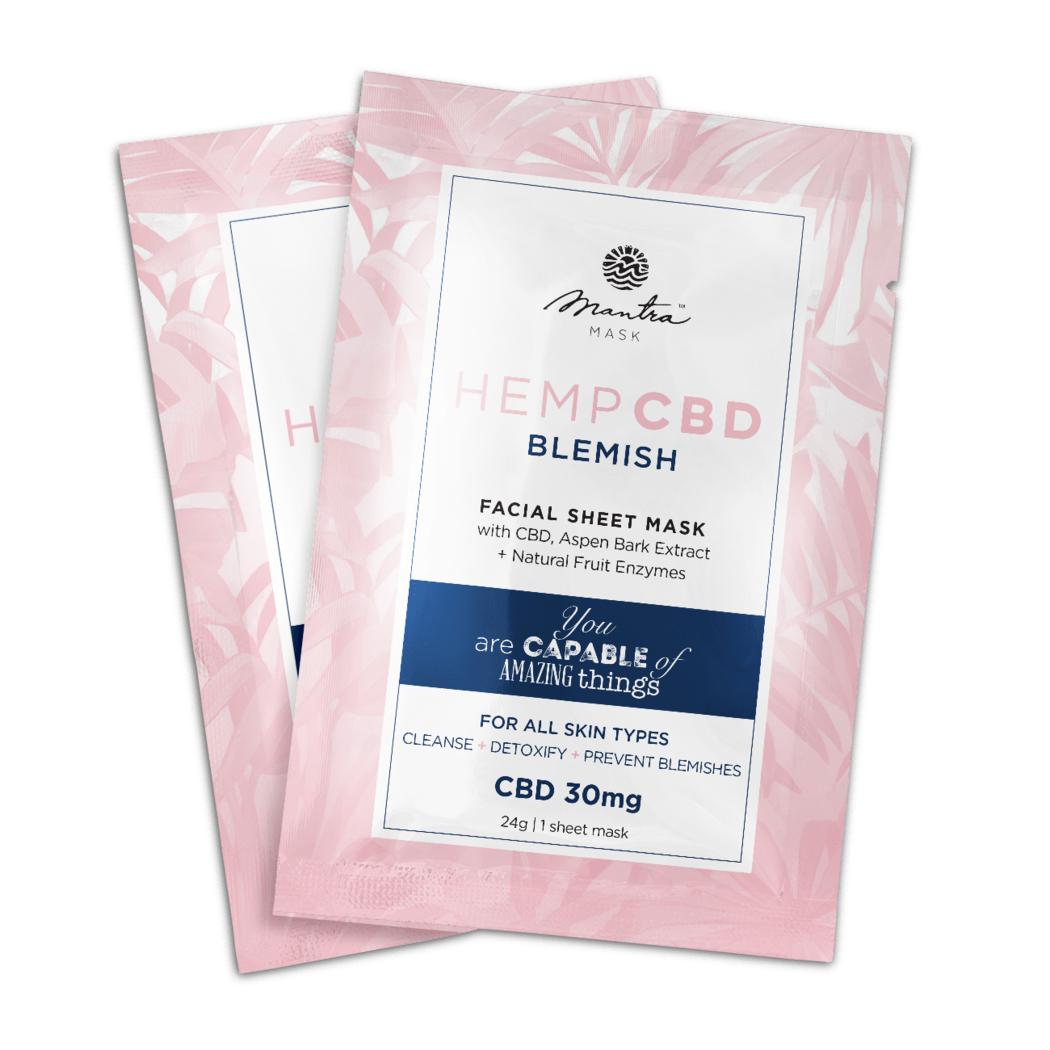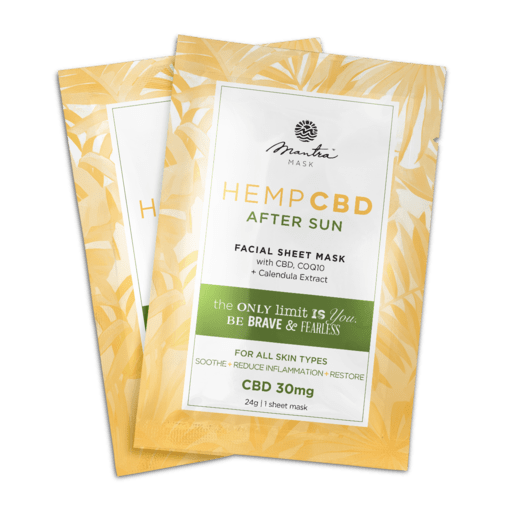The skin microbiome is a diverse collection of microorganisms, including bacteria, fungi, viruses, and mites, that live on the surface of the skin. These microorganisms have a complex and dynamic relationship with our skin, and they play an important role in regulating immunity, preventing infection, and maintaining skin health.
Until recently, the skin microbiome has been largely unexplored. However, with advancements in DNA sequencing and analysis, scientists have been able to unravel the complexities of the skin microbiome and its impact on our skin health.
One of the key functions of the skin microbiome is to protect against infection and disease. The microorganisms on the skin produce antimicrobial peptides, which are natural antibiotics that help to kill harmful bacteria and fungi. The skin microbiome also competes for space and nutrients with potential pathogens, preventing them from taking hold on the skin’s surface.
In addition to protecting against infection, the skin microbiome is also important for regulating the immune system. Studies have shown that people with a diverse skin microbiome are less likely to develop autoimmune diseases like psoriasis, eczema, and acne. This is because the skin microbiome helps to train the immune system, teaching it to recognize and tolerate harmless microorganisms, rather than attacking them as if they were dangerous invaders.
The skin microbiome is also thought to play a role in maintaining skin health and preventing aging. Recent studies have shown that the skin microbiome helps to regulate the production of sebum, the oily substance that lubricates and moisturizes the skin. A healthy skin microbiome is able to maintain the balance of sebum production, preventing dryness and excess oiliness, which can lead to acne and premature aging.
Another interesting finding is that the skin microbiome is influenced by a variety of external factors, such as diet, skincare products, and environmental factors like pollution and UV radiation. For example, studies have shown that a diet high in sugar and refined carbohydrates can promote the growth of harmful bacteria on the skin, leading to inflammation and acne. Similarly, the use of harsh skincare products can disrupt the balance of the skin microbiome, inhibiting its ability to protect the skin and regulate the immune system.
Given the importance of the skin microbiome for skin health and overall well-being, there is growing interest in developing skincare products that support the microbiome, rather than disrupt it. This new generation of skincare products is focused on using natural, non-toxic ingredients that nourish and protect the skin’s natural ecosystem. Some of the key ingredients that are being used in microbiome-friendly skincare products include prebiotics, which feed the beneficial microorganisms on the skin, and probiotics, which introduce beneficial microorganisms directly to the skin.
In conclusion, the skin microbiome is a fascinating area of research that has the potential to transform the way we think about skincare and overall health. By understanding the complex relationship between our skin and the microorganisms that live on it, we can develop new strategies for maintaining healthy, radiant skin, and preventing a range of skin conditions and diseases. If you want to learn more about the skin microbiome and how to support it, talk to a skincare professional or do some research online to find the latest products and techniques for nurturing your skin’s natural ecosystem.

